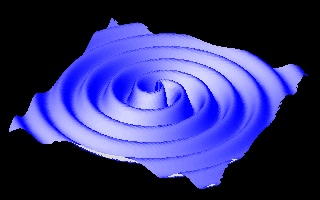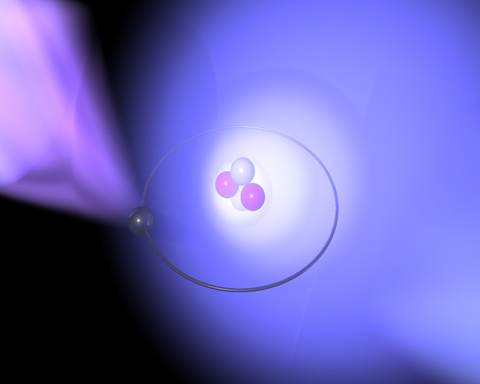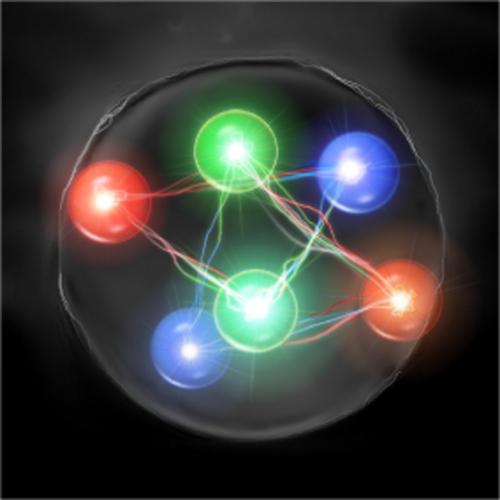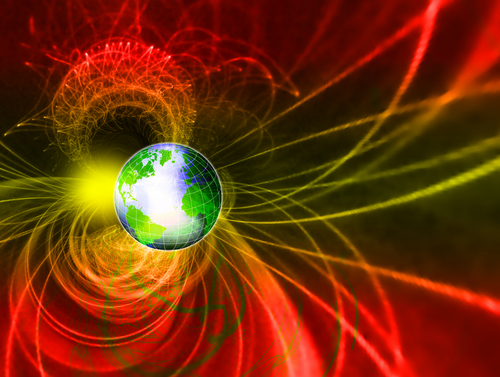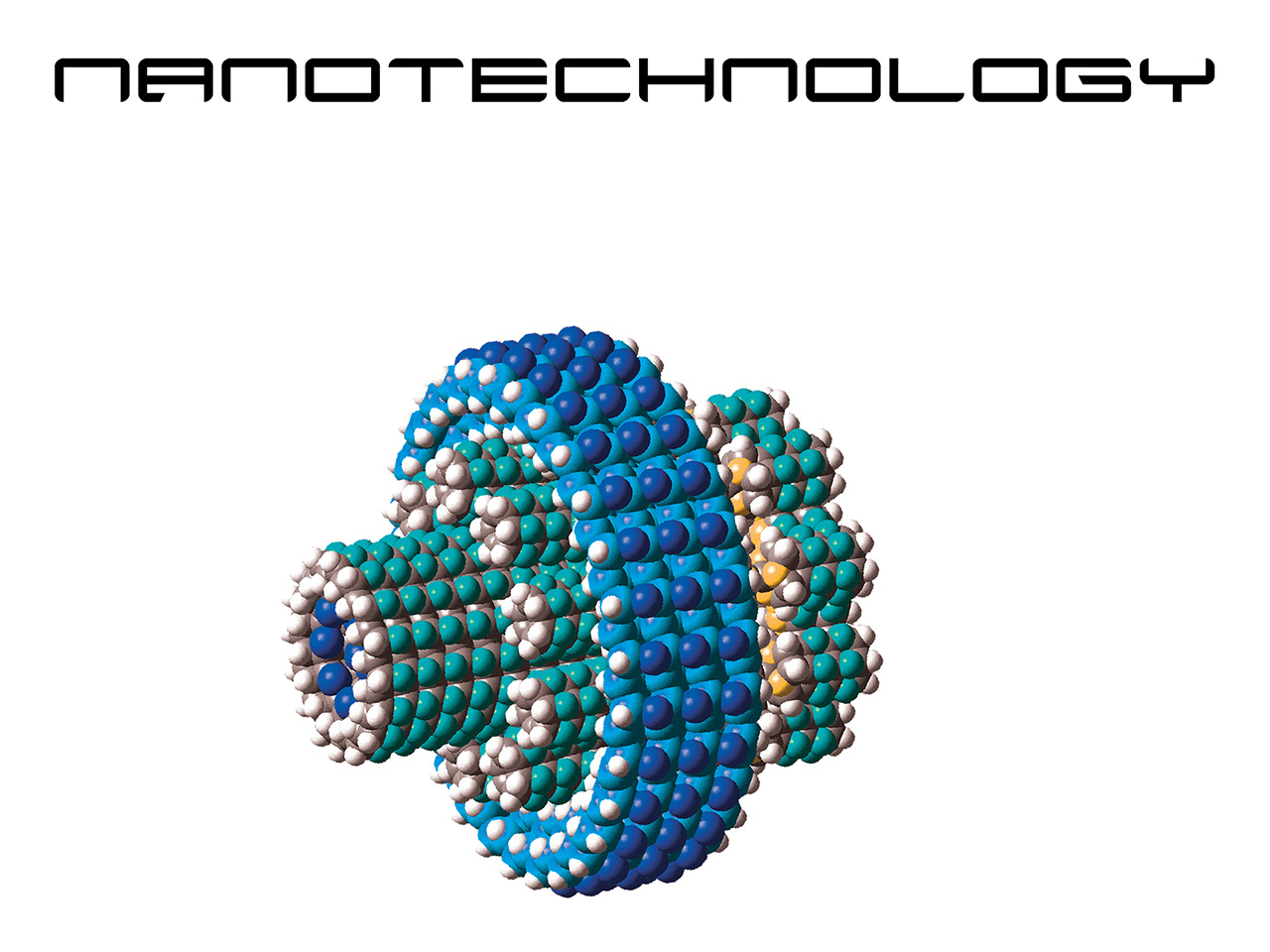 Tuesday, August 16, 2011 at 12:03PM
Tuesday, August 16, 2011 at 12:03PM Characterizing Behavior of Individual Electrons During Chemical Reactions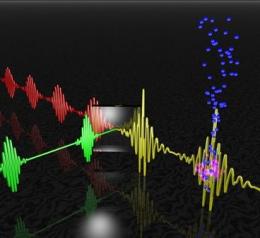
"The researchers, eight of whom are from MIT’s Research Laboratory of Electronics (RLE), describe a technique that should be able to produce bursts of laser light that last only attoseconds, or billionths of a billionth of a second. The electron in a hydrogen atom takes about 151 attoseconds to orbit the nucleus, so catching it in the act during a chemical reaction would require attosecond pulses."
